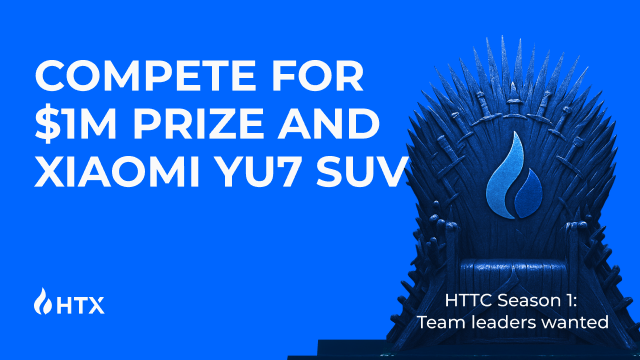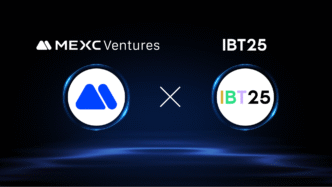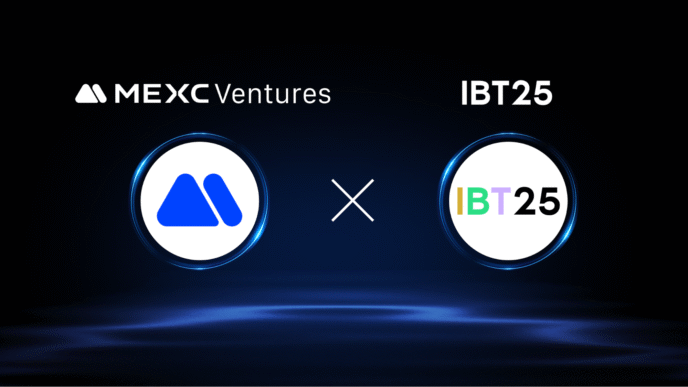Naveen Kodakandla has built a solid career in cloud computing, AI, and DevOps, which has been marked by practical experience and continuous learning. His work spans over a decade and focuses on advancing technology through cloud migrations, infrastructure automation, and research in emerging areas like artificial intelligence and DevOps.
Starting his career as a WebLogic Engineer, Naveen Kodakandla progressed to his current role as a Senior Cloud/DevOps Engineer at a federal agency that provides research funding. His technical skills cover a range of technologies, including AWS Cloud Services, Kubernetes, Terraform, Jenkins, and AppDynamics. Naveen has been involved in migrating on-premises servers to AWS, automating infrastructure using Terraform, and supporting data center migrations.
His responsibilities have included enhancing federal cloud infrastructures, ensuring security compliance with standards, and optimizing system performance. Naveen’s experience with CI/CD pipelines, container orchestration, and infrastructure as code (IaC) practices highlight his practical knowledge in DevOps.
One of Naveen’s significant research contributions is his paper, “Securing Cloud-Native Infrastructure with Zero Trust Architecture” (2024), published in the Journal of Current Science and Research Review. This paper examines the growing need for robust security models in cloud-native environments, which are increasingly complex due to workload fluctuations, decentralized structures, and the transient nature of containers.
Naveen discusses the limitations of traditional perimeter-based security approaches in addressing these challenges. Instead, he advocates for the adoption of Zero Trust Architecture (ZTA), a model built on the principle of “never trust, always verify.” His research explores key components of ZTA, such as identity assurance, least privilege access, micro-segmentation, and continuous monitoring, which are critical for securing distributed systems.
The paper also delves into technologies that support ZTA implementation, including service meshes, identity platforms, and container security solutions. Naveen identifies common challenges organizations may face during the transition to ZTA, such as misconfigurations, API vulnerabilities, and supply chain risks. To address these issues, he offers practical recommendations and a roadmap for organizations aiming to become Zero Trust-ready.
A notable aspect of Naveen’s research is the integration of ZTA principles with modern DevOps workflows. He highlights how automating security policy enforcement within CI/CD pipelines can enhance both security and operational efficiency. By embedding Zero Trust principles into the DevOps lifecycle, organizations can achieve continuous security validation without hindering development speed.
This integration reflects Naveen’s broader interest in bridging the gap between security and operations. His approach aligns with DevSecOps practices, emphasizing security as a shared responsibility throughout the software development lifecycle.
Naveen’s research and professional work contribute to the ongoing development of AI and DevOps practices. His papers on MLOps highlight approaches for managing AI models in production environments, with a focus on scalability and reliability. His work on security topics, such as Zero Trust Architecture, reflects an interest in addressing modern cybersecurity challenges.
In the DevOps space, Naveen has emphasized automation, continuous integration, and infrastructure as code, contributing to more efficient software development workflows. His involvement in cloud migrations and infrastructure projects showcases his practical experience in cloud engineering.
Naveen Kodakandla’s professional journey reflects a commitment to both technical excellence and continuous learning. His blend of hands-on experience and academic research provides valuable insights into cloud computing, AI, and DevOps. His work on Zero Trust Architecture, in particular, highlights the importance of adaptive security strategies in the evolving digital landscape. As technology continues to advance, Naveen’s contributions will remain relevant to professionals and researchers navigating the complexities of modern IT environments.














